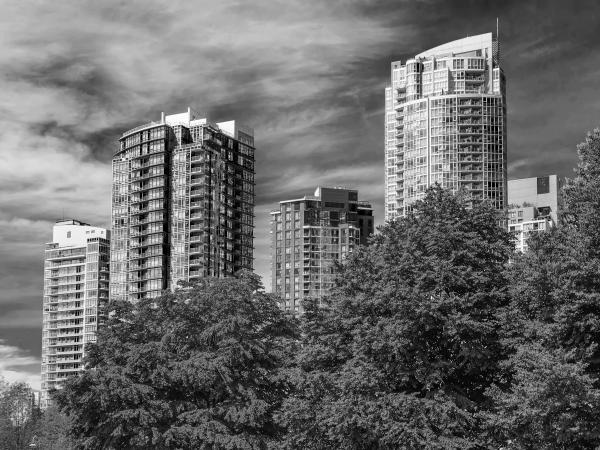
Date: 10 May 2023
“Ecodesign considerations have been embraced for many years and are at the core of the flat glass sector’s present and future development efforts”, said Bertrand Cazes, Secretary General of Glass for Europe, in an audio statement commenting the release of the paper “Sustainability in the flat glass sector”.
Flat glass products are created with ecodesign considerations in mind to ensure sustainability across all the industries they serve.
- Flat glass guarantees safety, security and durability in both buildings and cars, but it also increases energy-efficiency and thus minimizes related CO2 emissions.
- Flat glass is essential to harvest solar energy.
- Flat glass is endlessly recyclable and most flat glass products are already “designed for dismantling” to facilitate their recycling.
- Flat glass manufacturing is continuously improving. The industry has already cut its CO2 emissions per tonne of melted glass by 43% since 1990 and is actively working on decreasing emissions further.
In its answer to the public consultation on new product priorities under the Ecodesign for Sustainable Products Regulation, Glass for Europe shared its views on the preliminary assessments carried out by the Commission’s Joint Research Centre. “Enhancing product design, making their production more environmentally conscious, reducing product’s environmental burdens throughout their entire life-time are also the objectives of the flat glass sector” continued, B. Cazes. Nevertheless, it is important to consider the specificities of the different products on the market and avoid non-targeted and overly generic approaches, which could rapidly prove to be counterproductive.
“If regulation comes in to address specific market failures or regulatory gaps that can effectively support the industry’s efforts, then you can count on Glass for Europe and the flat glass sector to step in with concrete and constructive input”, concluded B. Cazes.
 600450
600450














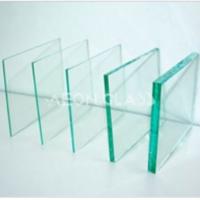
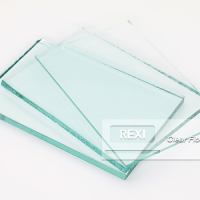
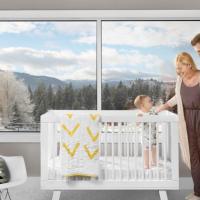
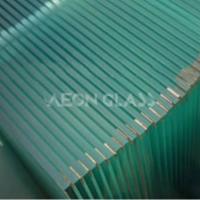

Add new comment